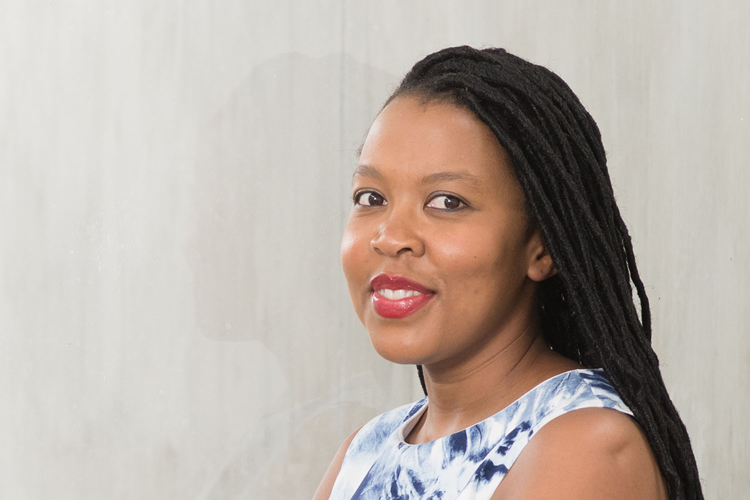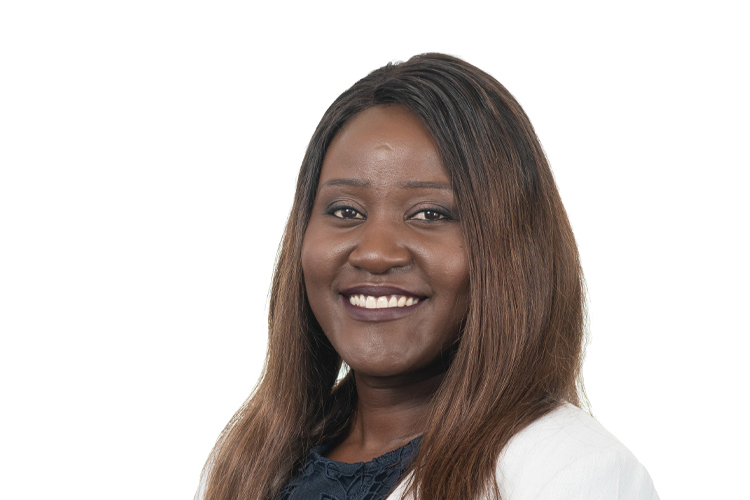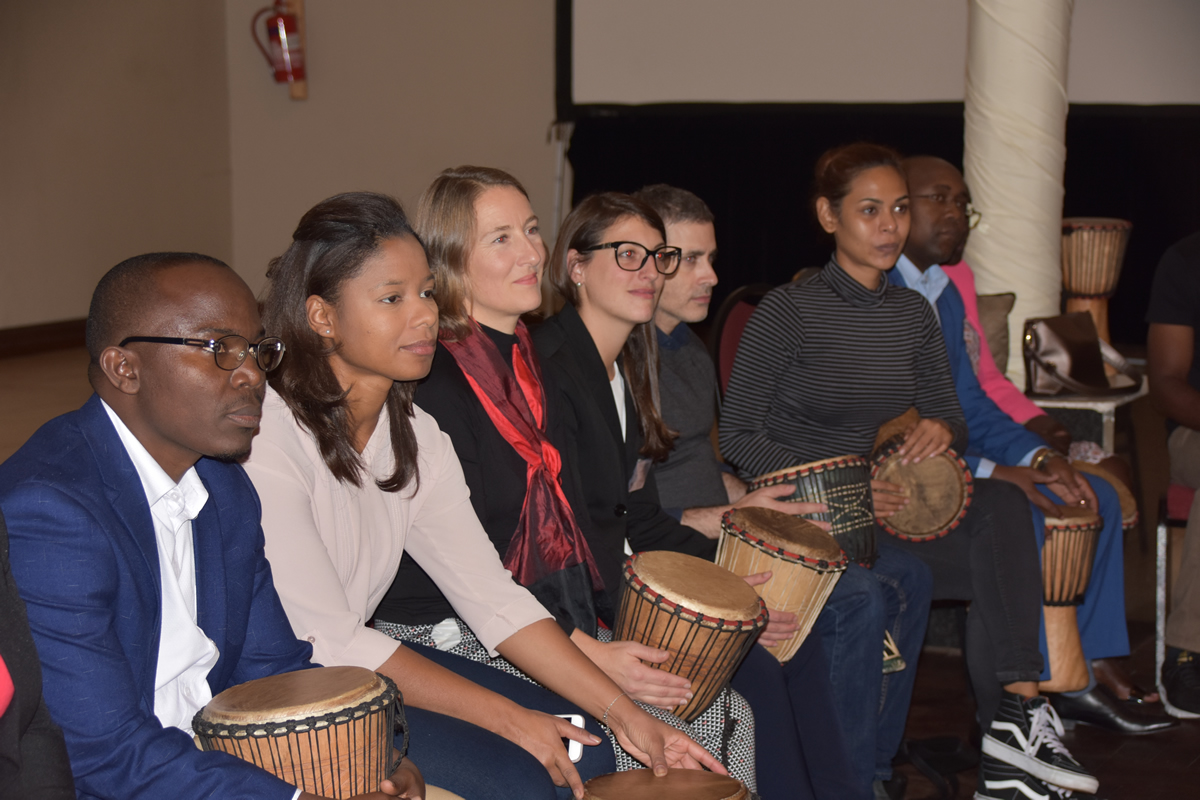On Monday 5 November 2018, participants from across the region came together to discuss critical issues of inclusive education in the African Context. The roundtable was organised by Open Society Foundation in collaboration, UNESCO and the Centre for Human Rights on the eve of the Center’s annual African disability rights conference, which is held on the 6-7 of November, 2018.
The roundtable primarily sought to kick start the conversation among key stakeholders (government, civil society organisations, academia’s and donors) on what inclusive education implementation looks like in the African context. The aim of which was to arrive at some general principles that would guide advocacy and implementation of inclusive education in line with UN CRPD Article 24, CRPD Committee General Comment 4 on the Right to Education, and Sustainable Development Goal 4 which provides for inclusive and equitable quality education for all. The roundtable also served as a regional stakeholder convening ahead of the 2019 UNESCO Salamanca 25+ Forum.
Key points considered during the roundtable include the different definitions and understanding of inclusive education in the African context, challenges to effective implementation of inclusive education as well as best practises within the region. Some highlights of the discussions are:
- The need for inclusive education to start at birth and encompass multiple ways of learning and a respect for diversity. Inclusive education must be enabling and non-discriminatory, empowering learners, teachers and communities alike.
- An education system that supports inclusive education must recognize and respect the individual’s rights and the potential of all learners regardless of religion, race, status, gender identity and disability. Inclusion in this regard is the operationalization of the right to non-discrimination.
- It is important to address the issue of inclusion and exclusion in education towards building social cohesion and enhancing global citizenship, sustainable development and lasting peace.
- Challenges to inclusive education includes lack of political will, inadequate resourcing of the education sector as well as unskilled and demotivated educators amongst others. Mitigating these challenges will require concerted efforts towards capacity building and training of educators, advocacy campaigns targeted towards changing mindsets within communities as well as commitment and leadership from government towards inclusive education for all.
- Inclusive education ultimately works like a huge eco-system that needs collaboration of all stakeholders (parents, teachers, care givers, communities, media, government departments-education, health, transport, infrastructure etc.)
To this end, we at the Centre for Human Rights and all our partners strongly believe that this roundtable is the beginning of many conversations that needs to happen to foster renewed commitment and collaboration towards reinforcing inclusive education within the African region.
“We can make inclusive education happen. The power of synergies is enough to transform the face of Inclusive Education”
![]()
For more information, please contact:

Tel: +27 (0) 12 420 6398
Fax: +27 (0) 86 580 5743
innocentia.mgijima@up.ac.za

Tel: +27 (0)12 420 6398
Fax: +27 (0) 86 580 5743
dianah.msipa@up.ac.za


